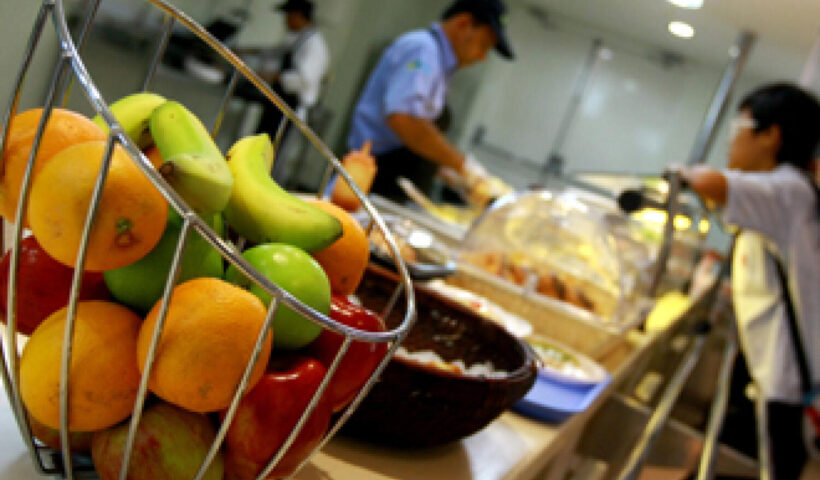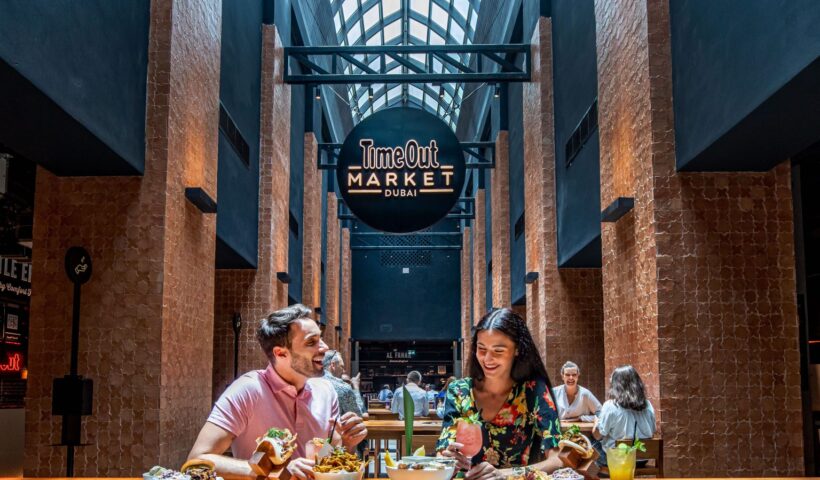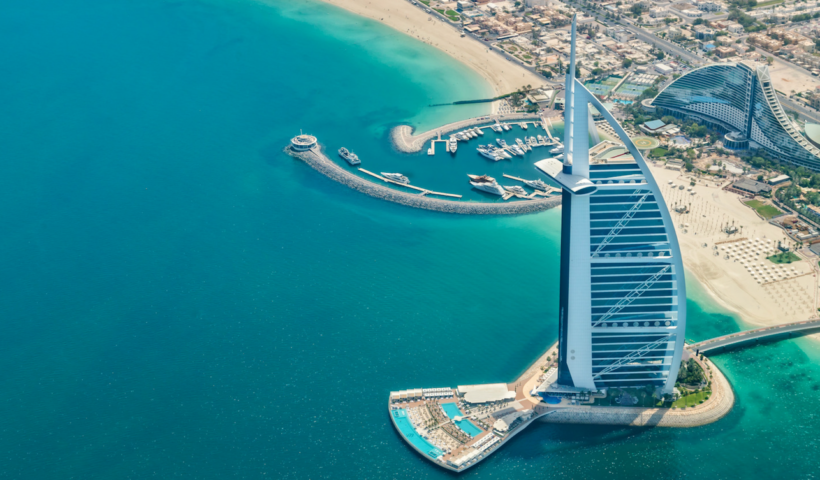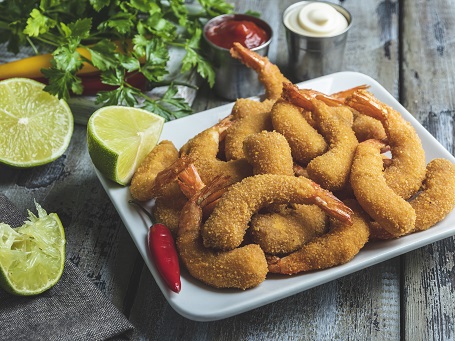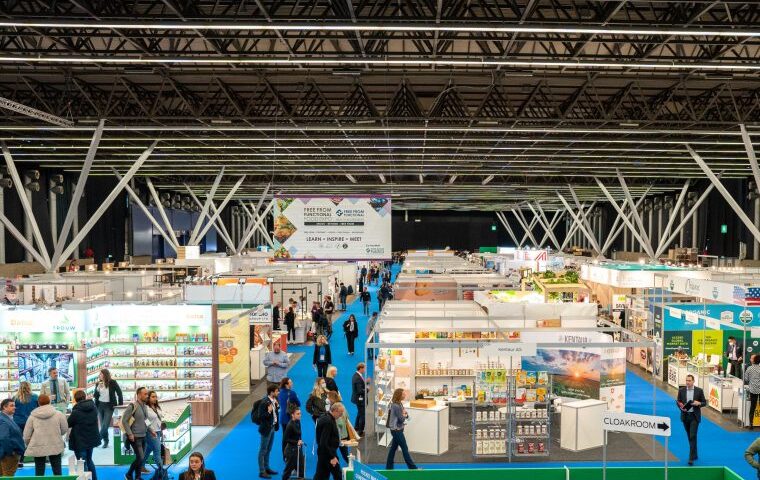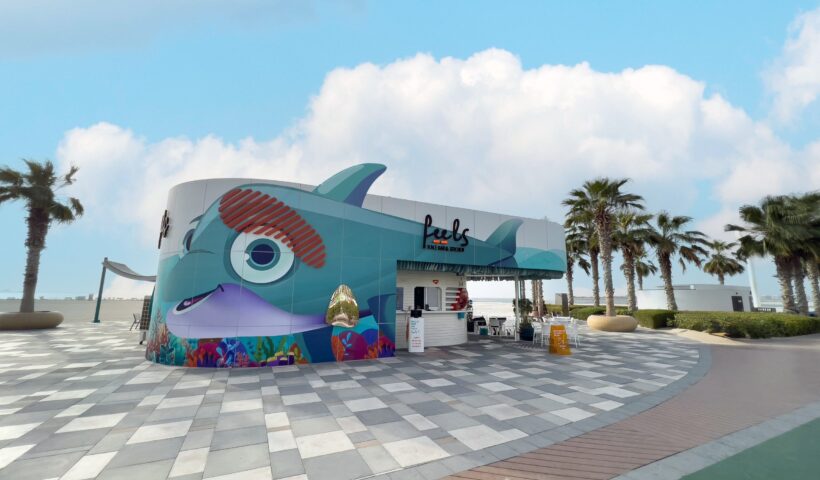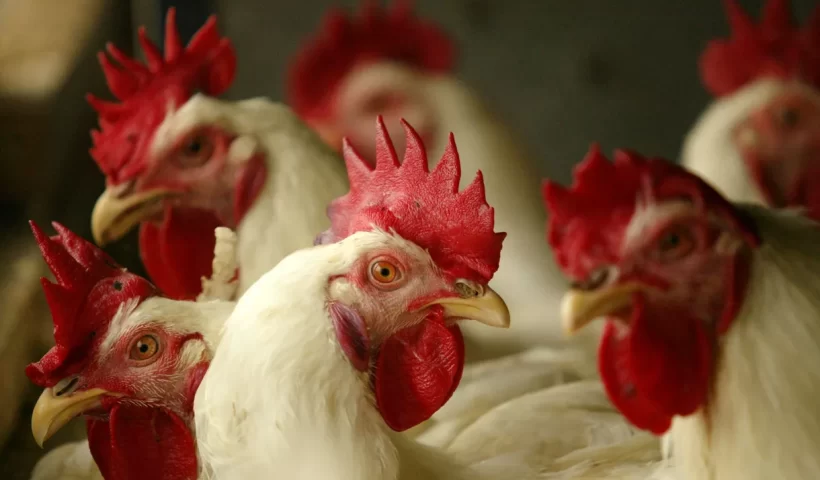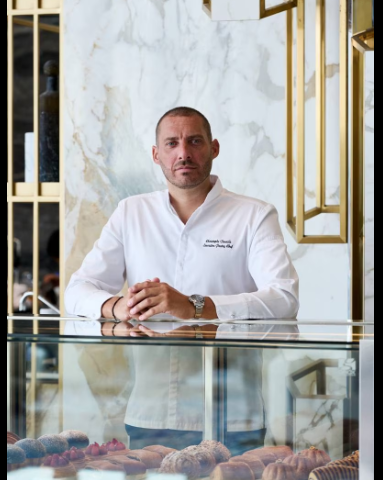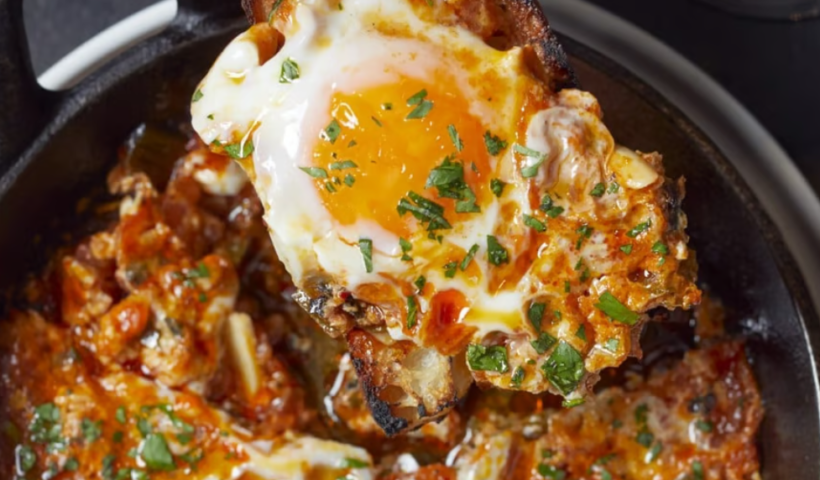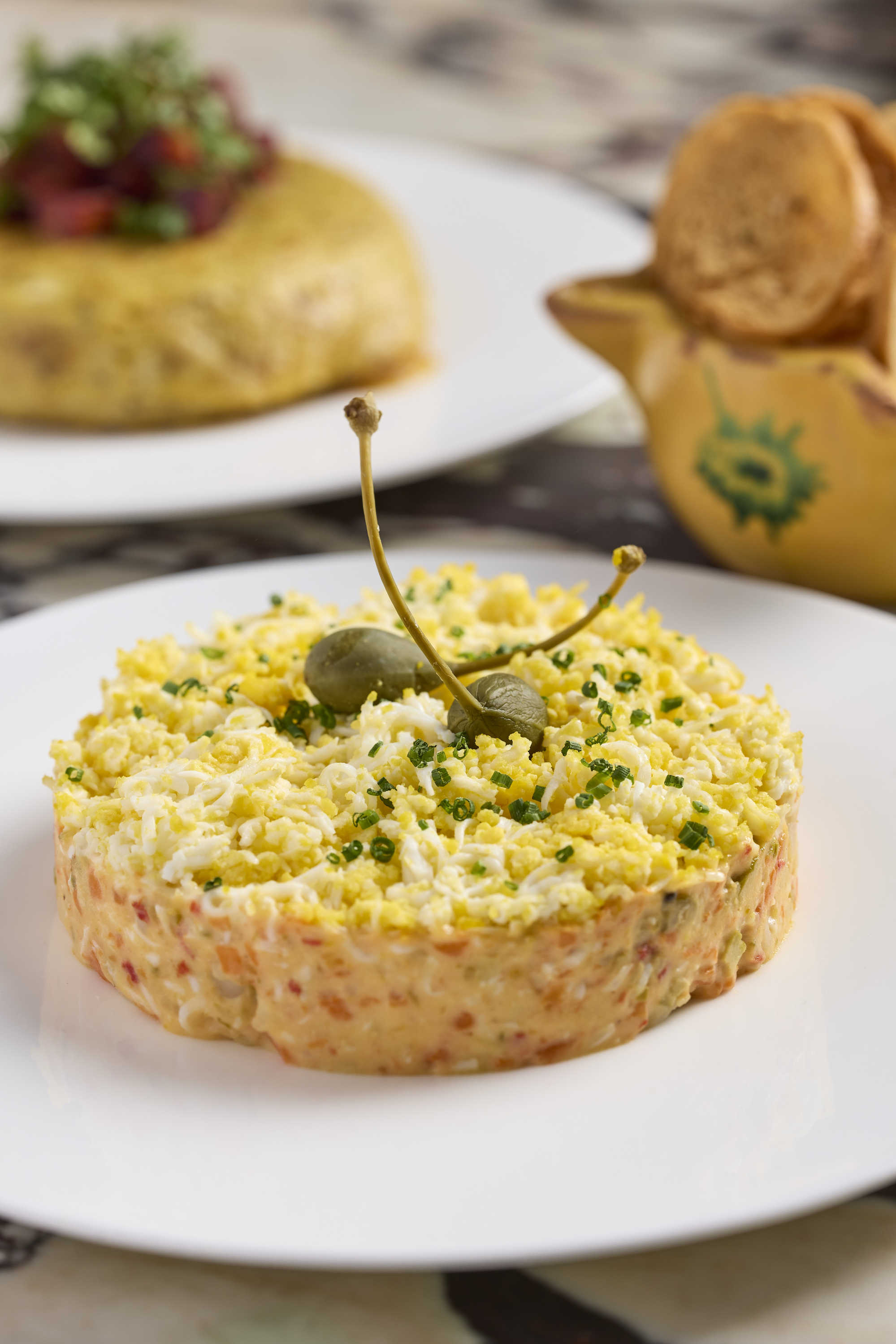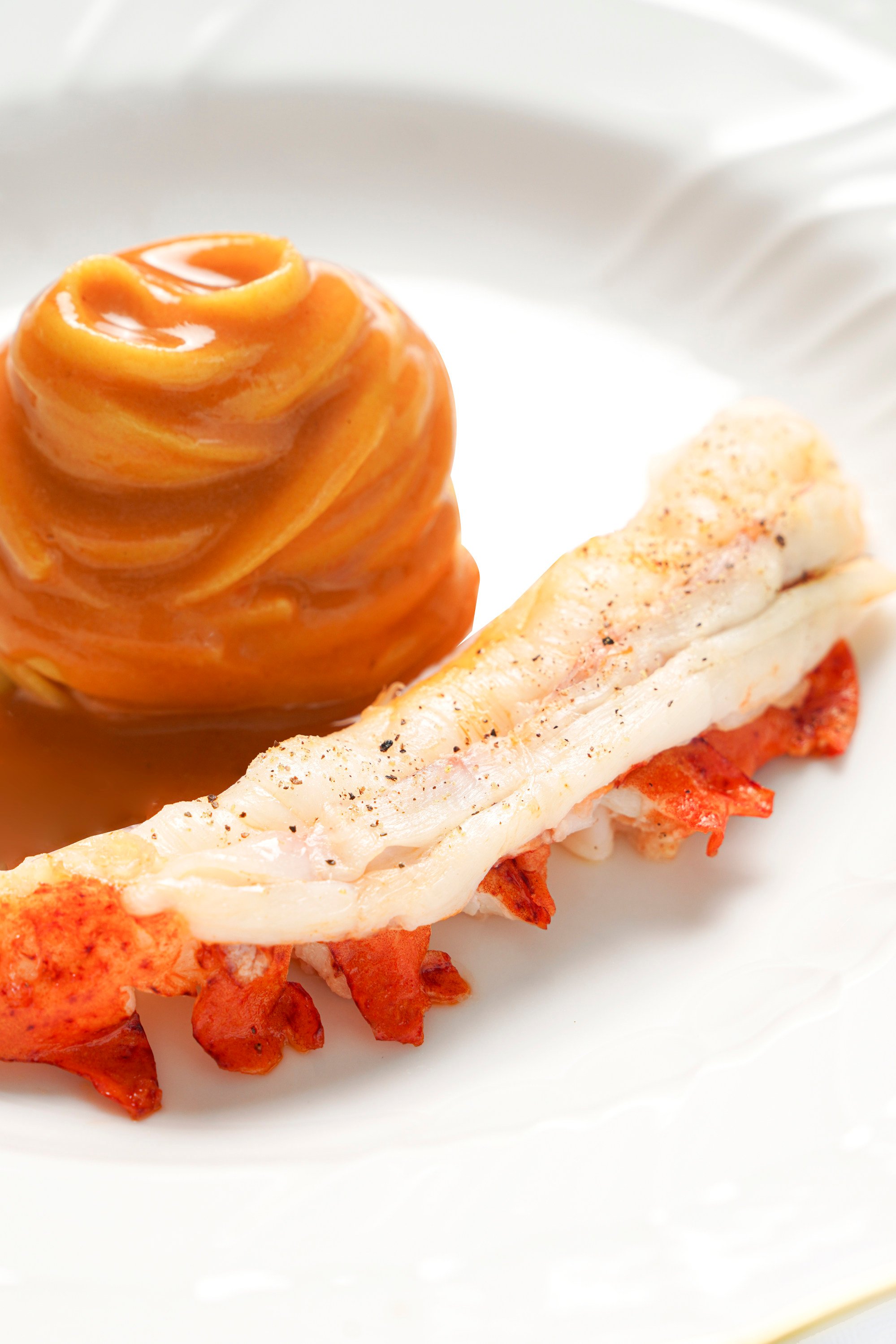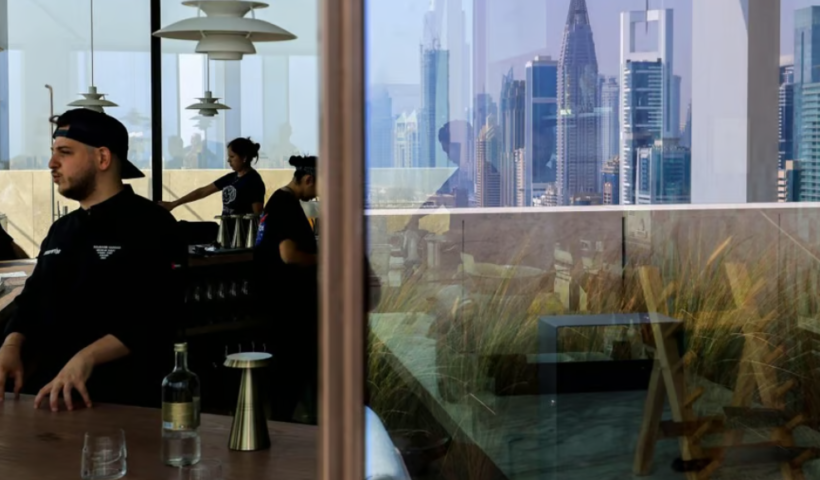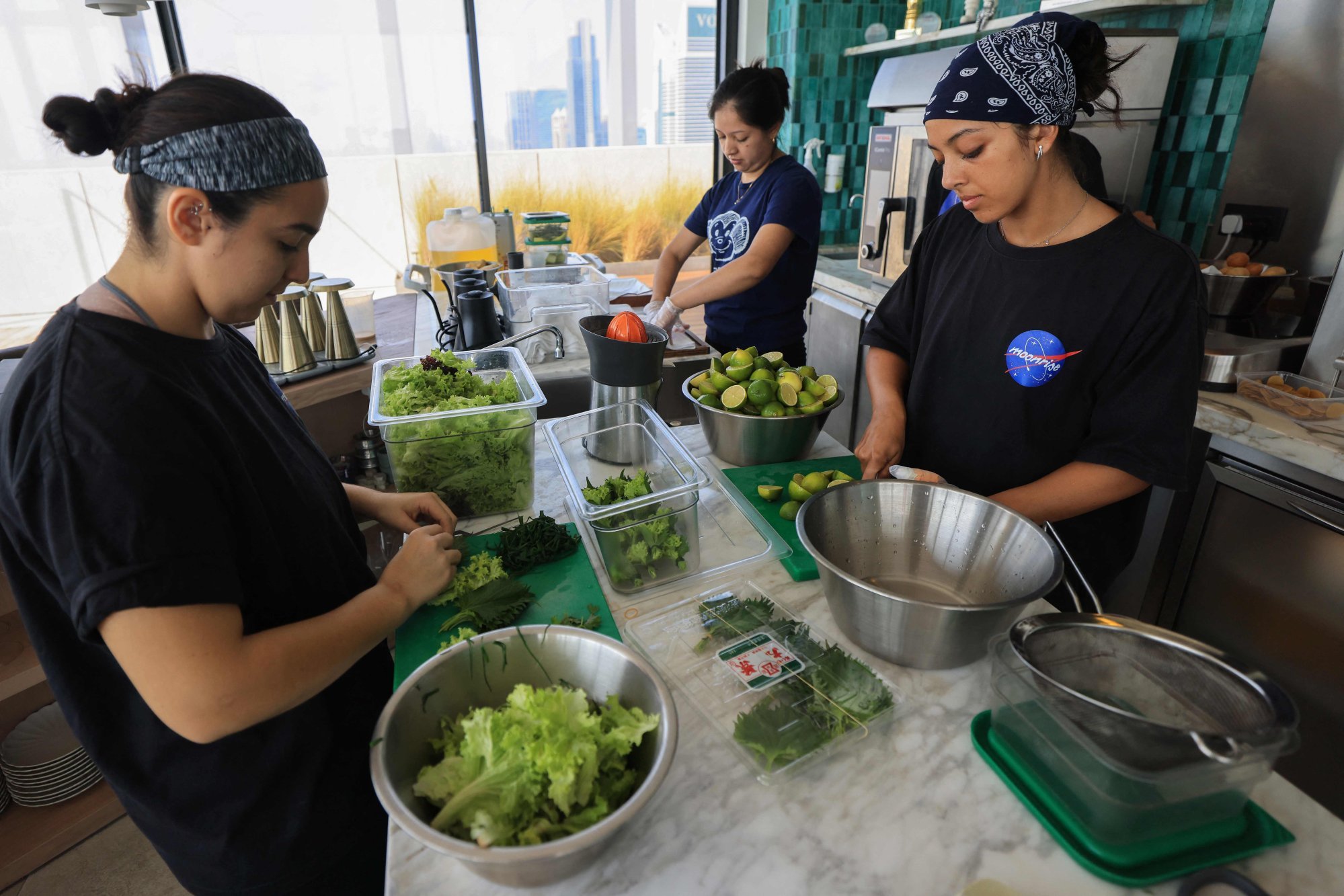Every day at the Dubai landmark, Christophe Devoille serves up tens of thousands of pastries, 300 bread rolls, and 500 cakes.
By putting you in the shoes of a UAE resident, “Day in the Life” lets you observe a regular day in their home and workplace.
Breakfast for 1,200 people might sound like a big undertaking, but Christophe Devoille finds it easy.
Before the hotel’s opening in February, the Frenchman, who developed his talents under the tutelage of renowned chef Alain Ducasse, assumed over as executive pastry chef.
Currently, Mr. Devoille is in charge of all bread and pastry production at Atlantis The Royal, a 24-hour operation that produces 4,000 croissants, 30 loaves of bread, 300 bread rolls, and 500 baguettes every day.
5.30 a.m.: A good start to the day
Mr. Devoille’s job involves a lot of dessert tasting, so working out regularly is essential for him to maintain a healthy weight.
When I’m not being lazy, I go to the gym around 5.30 in the morning, he claims.
“For me, 45 minutes is all needed to unwind and prepare for the arduous day that lies ahead.
“I can work till around 9 o’clock depending on the day, and exercise provides me energy.
I make an effort to limit my sugar intake, but it does happen occasionally.
7 a.m.: Atlantis’ most crucial meal of the day The 19 breakfast-serving restaurants at The Royal are constantly busy, and the culinary staff’s day begins early.
According to Mr. Devoille, who oversees the entire breakfast business, “I check all the pastries at 7am and make sure the team is prepared to go.”
“Everything is made from scratch, and my team of 42 bakes and prepares everything for the day ahead every morning for about six hours.”
Atlantis ensures a consistent supply To ensure that the kitchen is always staffed and that nothing is wasted when Mr. Devoille is in charge, the Royal bakers rotate shifts.
“We send the leftover bread and Danish pastries from breakfasts to the cafeteria for Atlantis staff, and all of the remaining croissants are utilized to make mini sandwiches,” the man claims.
You won’t ever be served stale cake at Atlantis since we always maintain the highest standards.
Let them eat cake at noon.
Mr. Devoille uses the downtime between breakfast and afternoon services to concentrate on his crafts, which is one of his nicer duties.
“We add one or two new items on Friday or Saturday because we want to ensure sure we are able to provide our guests something new every week,” he says. We have a lot of European fruit in the spring, including cherries and raspberries, and the menu always reflects what is there in season.
I might make a small adjustment to the recipe to increase sweetness or crispiness before our presentation and tasting session, he says.
“For me, there’s nothing like a delicious apple pie, but many of our guests prefer chocolate, in my opinion.
“You can’t go to the gym every morning and then eat nothing but cake,” the person said. “I’ll usually have something light for lunch, like a salad, after the cake tasting is over.”
3 PM: Planning is essential
Atlantis The Royal has a full calendar of events all year long, so the patisserie team always starts early on menu planning.
The development of a new shape, a new mold, and packaging for our Christmas cake was began in the spring, according to Mr. Devoille. It’s crucial to take your time, and it’s preferable to complete all of our projects in the summer when it’s more peaceful.
In addition to the holiday season, Thanksgiving, Halloween, and New Year’s preparations are all well under way, with mouthwatering goodies on the horizon.
I collaborate on the design and recipes with my sous chef and pastry chef, he claims. For the winter months, we have some extremely intriguing sweets prepared.
7 p.m.: Party time
Mr. Devoille frequently stays late into the night during event season to ensure everything goes without a hitch at various parties and banquets.
Time flies, he claims, “when you’re passionate about what you do.” I’m fortunate to enjoy my work, and the busiest times for the hotel are when guests are eating and mingling.
If I finish early enough, I might see a movie or meet up with friends, but most of the time it’s just a cup of tea and a romantic evening with my fiancée.

